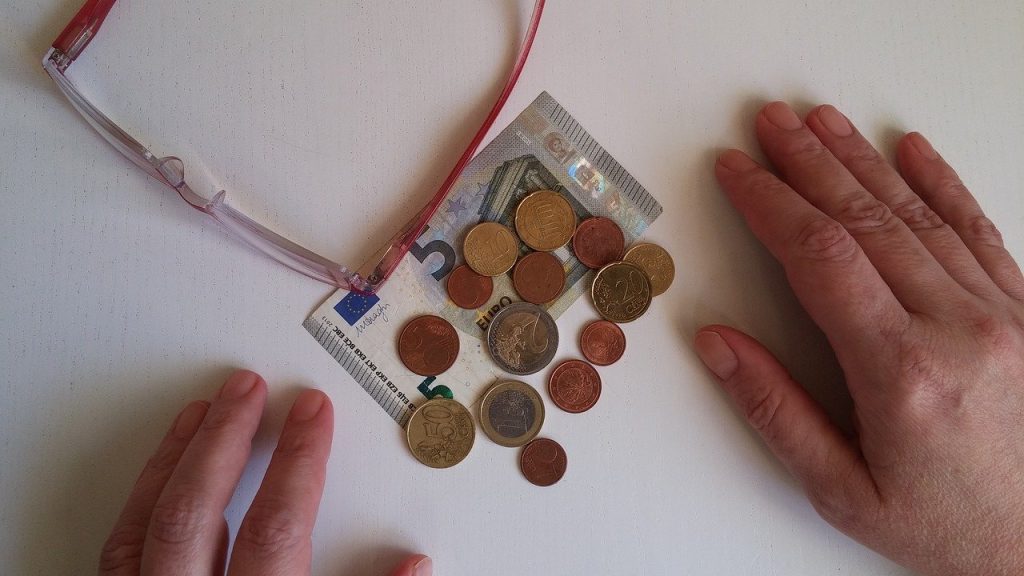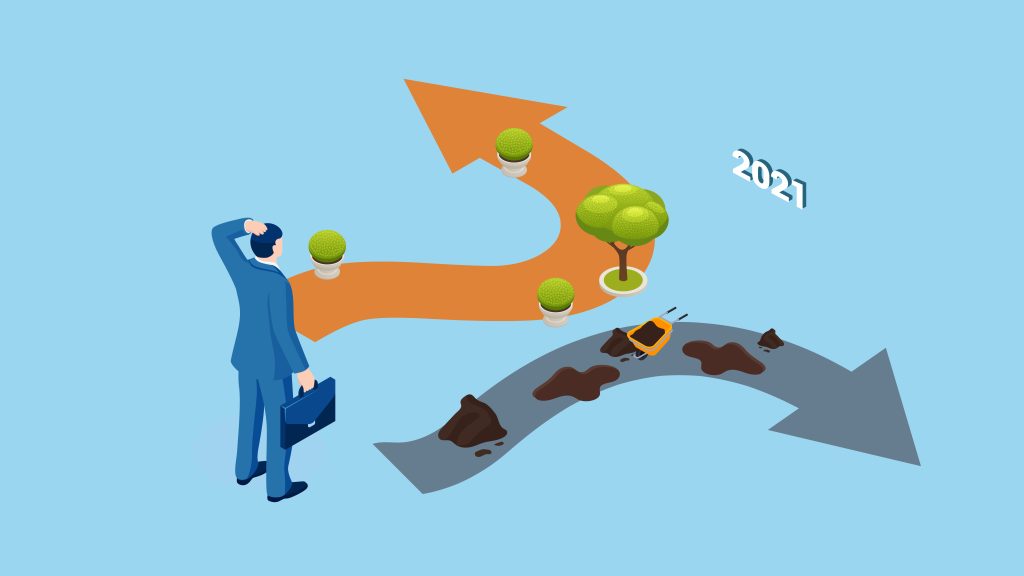How Blockchain Technology is Changing Traditional Sectors Like Accounting
by JB Thompson
Blockchain technology, which is a decentralized database that promotes security and transparency, is gaining popularity in Thailand. A 2022 report published on Science Direct shows that Thailand has placed blockchain projects as a top priority in its 2025 Digital Master Plan. This is largely because said technology has the capacity to transform how industries function, and this is specifically seen in sectors such as the government, healthcare, the justice system, and accounting
That being said, the article will provide a more detailed review of how blockchain technology has ushered in changes for the mentioned sectors:
Accounting
Because of the transparency offered by blockchain, accountants can spend less time conducting audits and validating transactions for businesses. The adoption of blockchain technology has also increased the use of cryptoassets. In an Emerald study on blockchain in accounting, it was shown that these assets aren’t addressed by accounting standards. This results in challenges in their classification and measurement, both of which reflect a few regulatory issues that accountants will need to resolve.
Our post ‘Cryptocurrency and the challenge for regulators’ mentioned the importance of creating risk profiles on customers to inform future compliance decisions. As it is, regulation of possible money laundering via blockchain and the types of insolvency that affect buyers and sellers of digital assets are a few obstacles accountants will encounter. In fact, a 2022 Bloomberg write-up on digital asset legislation shows that regulators in Thailand have tightened trading rules due to trading irregularities. Thankfully, the Securities and Exchange Commission is focusing on securing more investor protections for businesses within the country who wish to deal with digital assets
Justice industry
When leveraged in the justice industry, blockchain technology can offer numerous advantages. One way that blockchain is disrupting the legal sector is through smart contracts. Generally, these are a set of terms and conditions that can be automated, as seen in real estate leases. Through automation, clients can forgo enlisting a legal team and paying for corresponding fees. Interestingly, a 2022 Ledger Insights article titled ‘Thailand launches national trade blockchain’ shows how common it has become to digitize various legal trade documents. This is due to the fact that blockchain enables automation, thus making contract renewals more efficient.
Additionally, blockchain technology can provide individuals with better and more affordable access to notary services. Case in point, time stamps and hashes required for document authentication can be uploaded to the blockchain. Because the blockchain acts as a public, decentralized ledger, it can ultimately function as a guarantor of critical documents.
Healthcare industry
Blockchain technology can improve operations for healthcare firms. Data published by Shrewsbury International School Bangkok explained that blockchain can enhance protection for patients’ data and medical records. When these records are breached, information can be altered or sold for cash.
Last January, a 2022 Bangkok Post feature titled ‘Claim on huge patient data leak’ shared that nearly 39 million patient records from Siriraj hospital were sold on an online forum. It’s evident that the healthcare industry in Thailand is not exempt from privacy and confidentiality issues. Thankfully, the system architecture of blockchain technology can prevent the misuse of patients’ data.
Government
Multiple government services have focused on adapting blockchain technology. The referenced Science Direct report found that most government services in Thailand prioritized blockchain applications this 2022, specifically for national digital identification, land registration, and voting systems. In the context of the voting process, traditionally, individuals are required to either stand in line to cast votes or mail in their votes. One of the main issues that are present in this process is voter fraud.
With blockchain technology, however, local authorities can count votes more accurately. This is because each vote can be tracked to a single ID. Of course, in Thailand, voters still had to visit voting sites for authentication before casting their votes on a blockchain-based platform. At the very least, fraud can be minimized, since once a vote is added to a ledger, it can neither be erased nor altered.
Blockchain technology can usher in changes for multiple industries in a myriad of ways. Since it offers a high degree of trust and can automate tedious tasks, even traditional sectors such as accounting will not remain untouched.









